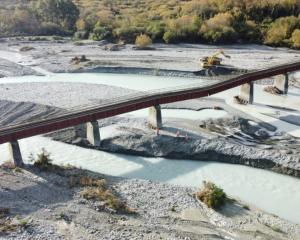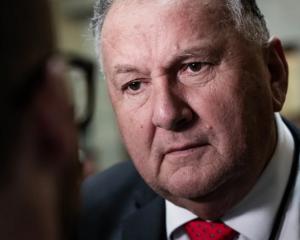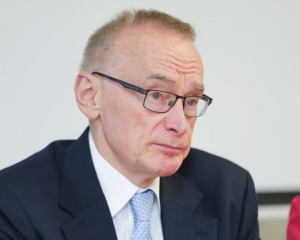
- This story was first published by RNZ
Prime Minister Jacinda Ardern, Public Service Minister Chris Hipkins and Finance Minister Grant Robertson have been meeting with public sector unions amid warnings of "serious disruption" and industrial action unless there was movement.
CTU President Richard Wagstaff said there was agreement on the need for good faith bargaining with no pre-set outcomes.
"It was also agreed that there is scope to discuss cost of living increases in negotiations for all union members covered by collectives, with higher increases for low-paid workers and that there is no pay freeze."
He said they also agreed to review the three-year "pay guidance" next year.
The CTU welcomed assurances from Hipkins he "intends to accelerate pay equity and pay parity processes to settlement, positively impacting on the gender and ethnic pay imbalance".
Wagstaff said things were now "back on track".
"The whole announcement seemed to go badly in the eyes of members... we're now back into bargaining with a better sense of what can be achieved."
Unions were "reluctant to buy into the idea that some kind of wage freeze was going to happen, we were quite keen to make it clear to the government - that can't just be announced, you've got to talk to us".
"And they have, and we've done that, and we've got a wage freeze off the table," he said.
In a release, the Public Service Association union said 'frank and constructive' discussions took place and they let ministers know that union members were hurt and angry by the pay freeze extension.
"We've been blown away over the past week to see so many public workers raise their voice and challenge the prospect of pay restrictions. In their workplaces, in their communities and in the media, public servants took a stand and it's been heard at the very top," National Secretary Erin Polaczuk said.
"Our response to last week's pay announcement has required a team effort from unionists at all levels. Change happens when ordinary people are prepared to make it happen, and we will continue to bargain for positive change in the years ahead."
Prime Minister Jacinda Ardern said there had been confusion about what the "pay guidance" actually meant.
However, she said the PSA had highlighted that many public sector workers did not have step-based progressions and so would not see any increase in pay at all over the next three years.
"That is something that we're committed to working with public sector unions on."
In a statement, Hipkins said the expectations around pay restrictions set out last week had not changed.
"The conversations we had today were constructive and recognised that for the public sector unions, the period of restraint was a particular point of contention.
"We're in unusual and unpredictable times, and we've agreed to bring the review forward by a few months. It's worth taking stock at the end of 2022 to see whether the situation has changed sufficiently to revise the guidance.
Hipkins said both sides had agreed the restrictions were not a "pay freeze".
"Cost of living increases are in scope to be discussed during negotiations, as they always were."
"We are committed to accelerating pay equity and parity processes and prioritising wellbeing and workload issues."












